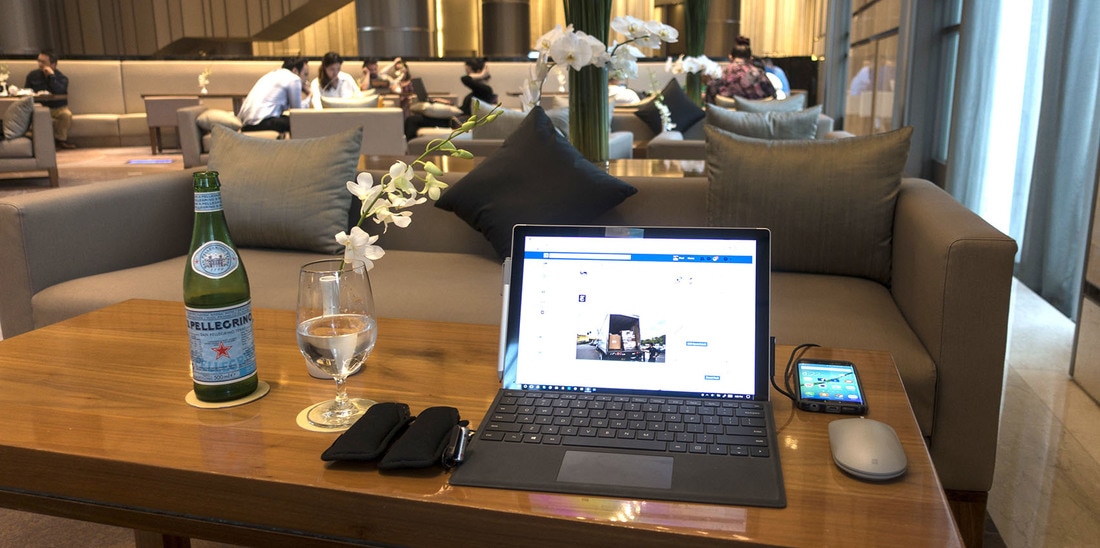- NVivo from QSR International - www.qsrinternational.com/
- This is a powerful analytic system that I am finding difficult to use. The issue I am facing is formatting and importing interview transcripts. I have decided to bypass this software until after my paper is done, and then return to it when I do not have time pressure to finish.
- Voyant Tools - voyant-tools.org/
- This is a free online tool for frequency and associated analysis. It works, and it is easy to use. There are some issues with the way I collected my data that limit the utility of the results from this tool, but I will use it and explain the limitations.
- EndNote - endnote.com/
- Anyone who has written research papers has at least tried to use EndNote. This is for citations and references and works within MS Word. Because I want to ensure that I have properly cited everything, I'm going to tough it out and figure out how to use this properly
Back to the writing grind ...
Paul

 RSS Feed
RSS Feed